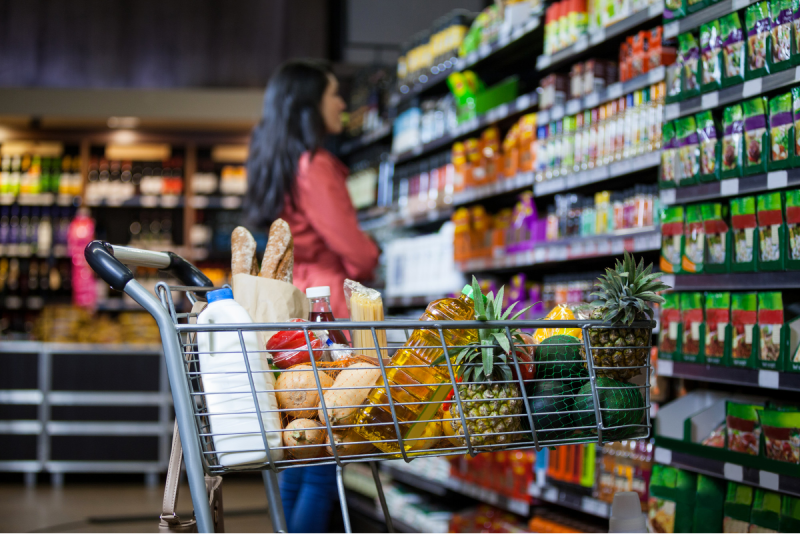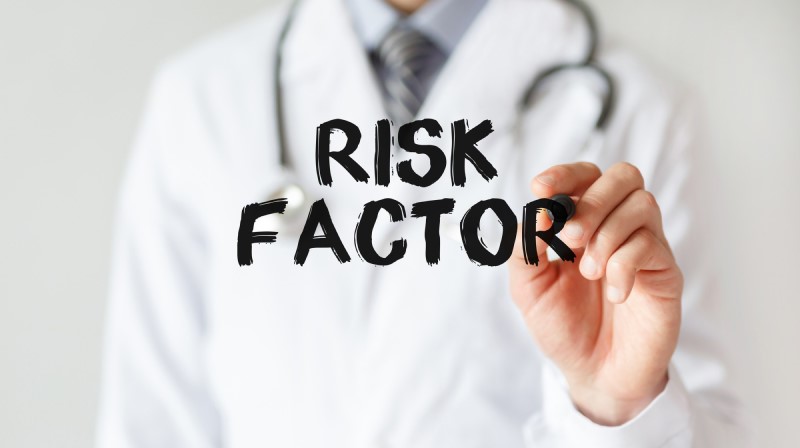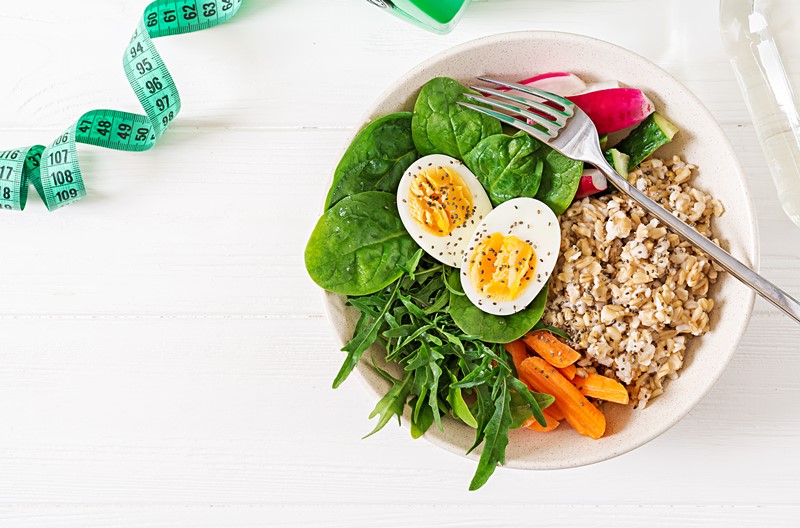A whopping 65 percent of people want to reduce the amount of fat in their diets, according to a recent Nielson survey, despite overwhelming research that shows low-fat diets may actually promote weight gain.
So how has this monster of myth lived for so long?
Because people still think fat makes them fat, says Donald K. Layman, Ph.D., professor emeritus of food science and human nutrition at the University of Illinois.
And because the government’s new Dietary Guidelines for Americans still tell them to cut down on fat intake, particularly saturated fat.
Read the full article at: au.lifestyle.yahoo.com
However, when you cut fat, you’re more likely to overdo it in the calorie department—upping your risk of weight gain, obesity, and related conditions like Type 2 diabetes and heart disease. If you are obese or overweight, you have an increased risk of developing various health problems. Even a modest amount of weight loss can help to reduce your increased health risks. The best chance of losing weight and keeping the weight off, is to be committed to a change in lifestyle. This includes eating a healthy diet and doing some regular physical activity. Thanks to the DietSensor app, all these dreams are now real ! For more info, visit us on www.dietsensor.com




